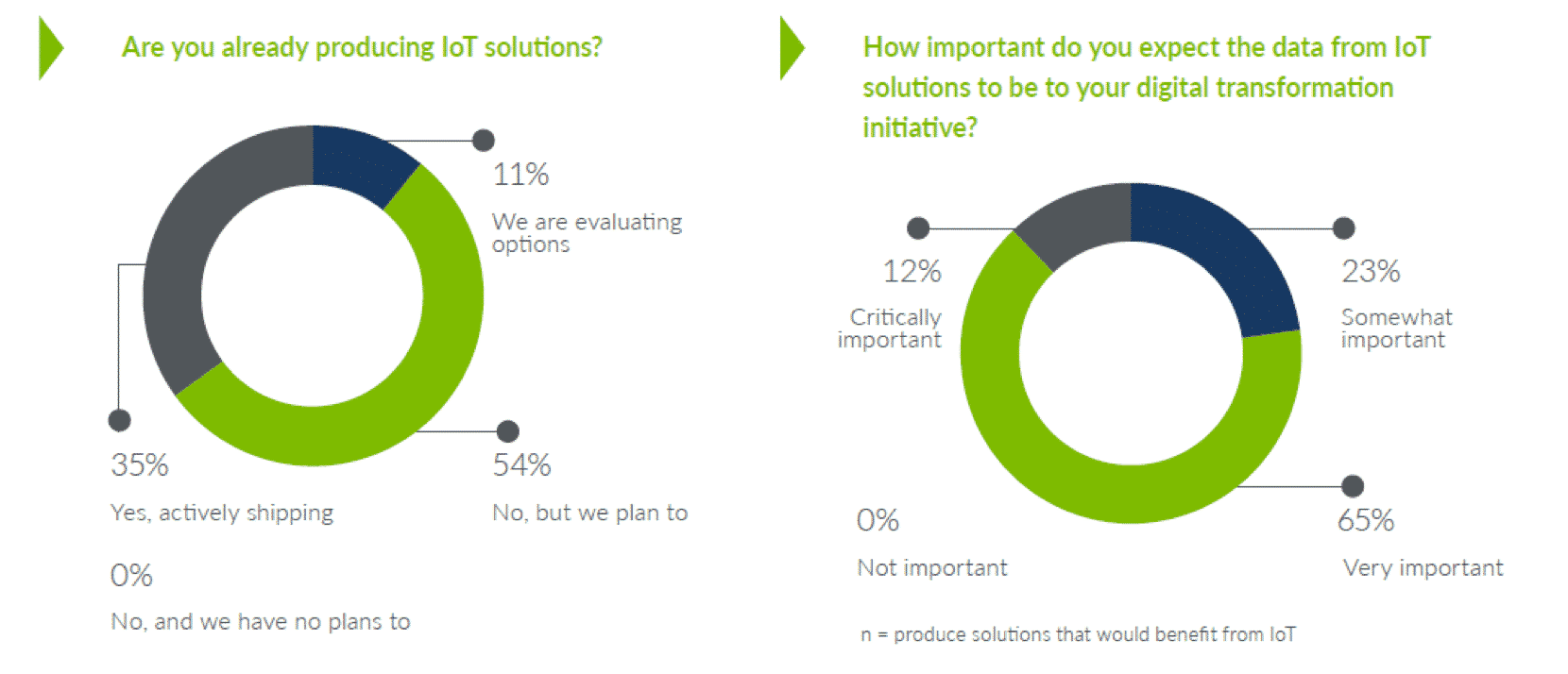85% of manufacturing executives understand the criticality and support digital transformation initiative sand development in their companies according to a recent study from Jabil.
18% expect digital transformation to accelerate faster than predicted across manufacturing due to the many customer experiences and process improvements possible.
Gain better business insights with improved visibility and analytics, increasing margins, improving customer experiences and supporting new business models are manufacturing executives’ top goals for digital transformation.
Manufacturers are digitally transforming themselves today, revolutionizing how they attract, sell and serve customers. Customers are the catalyst or fuel that provides the momentum manufacturers need to keep digitally reinventing themselves. From the smallest manufacturers, I’ve visited this year to those with production centers on five continents, an intensity to always improve fueled by real-time customer feedback is what sets them apart and ensure they succeed at digital transformation.
Digitally Transforming For Personalization At Scale And Speed Pays
Manufacturers succeeding at digitally transforming their businesses do two things well. First, they can prioritize and optimize existing customer-facing processes. Second, they are committed to digitally transforming legacy processes to support new business models. A recent study from Jabil, Trends in Digital Transformation: a Survey of Technology And Business Stakeholders In Manufacturing Companies (29 pp., PDF, no opt-in) provides insights into manufacturing executives’ digital transformation initiatives, experiences, expectations, and plans. The study is based on a survey of over 300 manufacturing executives. Key takeaways and insights from the study include the following:
- Manufacturers are prioritizing investments in technology infrastructure including cloud, mobility, big data analytics, AI and enterprise solutions to scale customer-facing and legacy process digital transformation. 76% of manufacturers say that limitations with existing infrastructure are having a significant impact on their digital transformation plans. Looking to overcome this major constraint, 99% are investing in their technology infrastructure and ecosystems. This includes more than half (54%) who say they are making significant investments in new technologies to enable digital transformation.

